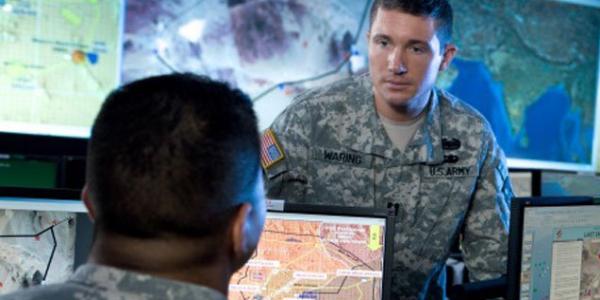U.S. Army Introduces Cyber Fast Track for Civilians
The U.S. Army is responding to the high demand for cyber experts with a new program that could let qualified civilians be commissioned directly into the service with a rank up to colonel. The Defense Department also is looking into whether the idea could work for the other services.
The U.S. Army is rolling out a new cybersecurity career management program that could let qualified civilians bypass prerequisites and be commissioned directly into the service with a rank up to colonel.
The Defense Department has directed all military services to research the idea and submit findings by 2020 to determine if a pilot program should be implemented across the department. But Brig. Gen. Patricia Frost, USA, director of cyber for the Army’s G-3/5/7, explains that the Army decided to respond to the high demand for cyber experts more quickly. “We’ll see if the other services do something similar,” she states.
The move helps the service gain much-needed talent in the cyber field and mirrors Army processes for direct commissions in fields such as law and medicine, where candidates receive a rank commensurate with their civilian experience. The program also improves the tracking of professional development for civilians and allows them to move within the cyber enterprise, Gen. Frost says.
Brig. Gen. J.P. McGee, USA, Army Cyber Command's deputy commander for operations, says he believes that many cyber specialists working in the commercial sector will be interested in the program. He points to the recent success of the Defense Digital Service’s “Hack the Army” competition.
“That’s something we just started, and I think it’s already starting to deliver promising results,” he says. Independent researchers found more than 120 vulnerabilities on select Army networks during the contest; 180 people took part in the competition.
Gen. Frost says more discussion is needed to determine which skills to target under the direct commissioning program. The program could help add expertise to the cyber force in ways that might be difficult to do with current military training, she adds.





Comments